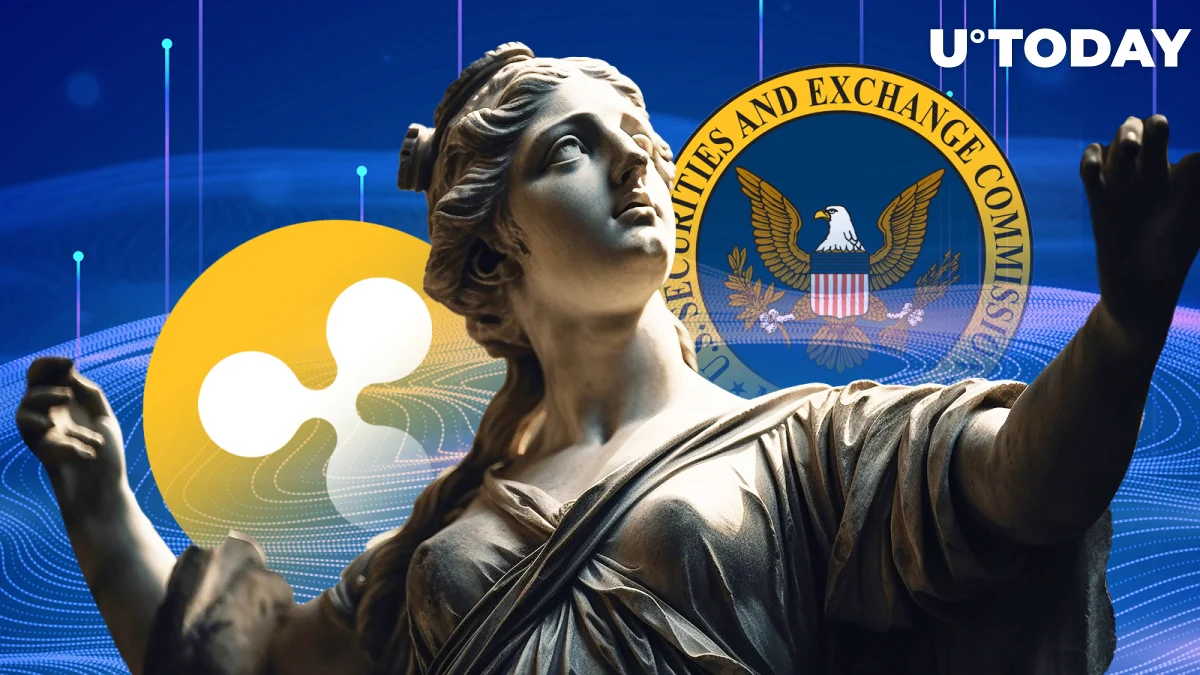
Kathryn Haun, CEO of Haun Ventures and a former general partner at Andreessen Horowitz, thinks the Court drew a fair boundary in its most recent Ripple decision. Haun Ventures is a $1.5 billion venture capital fund. She views the Ripple decision as a win for the sector as a whole.
The consensus among legal experts, according to Haun, who also shares this opinion, is that the court drew a reasonable distinction between XRP itself (which is not a security because it is not an investment contract) and specific XRP transactions in which institutional investors made direct payments to Ripple.
She referred to a precedent established by the Ripple decision, adding that this would serve as a guide for the course the cryptocurrency sector will take in future legal battles with the SEC: Tokens seldom qualify as “investment contracts” on their own since such contracts must be legally enforceable and impose duties on the seller after the sale. This means that tokens exchanged on exchanges or secondary markets are rarely eligible.
In general, according to Haun, the court’s ruling was in the industry’s favour, particularly with regard to the secondary markets at issue in numerous ongoing litigation.
More good outcomes are to come
Haun expressed hope that other results similar to Ripple’s would follow and would offer greater direction for the cryptocurrency sector.
She emphasised that the intricacy of the court’s justifications is another proof that Congress need to be in charge of determining how cryptocurrencies will be handled moving forward in the United States. The courts, not the SEC, will have the last word if Congress does not act.
The venture investor thinks that additional cases against the SEC would be more heavily influenced by the Supreme Court’s “major questions doctrine,” further supporting the industry’s claims.
Immediate appeal in Ripple case seems unlikely
The SEC states in its statement that it is now examining the Ripple judgement. The CEO of Haun Ventures mentioned that an appeal may be possible but that it might not take place straight soon.
Second, it seems doubtful that the SEC genuinely wants legal clarification, according to Haun, making an early appeal seem improbable. The SEC would have to ask the court to split this decision from the section going to trial.
“Losing these issues on appeal would jeopardise its entire enforcement agenda,” she said, referring to how the Commission profits from the current uncertainties. Therefore, I’d be shocked if the SEC tried to appeal right away.


















